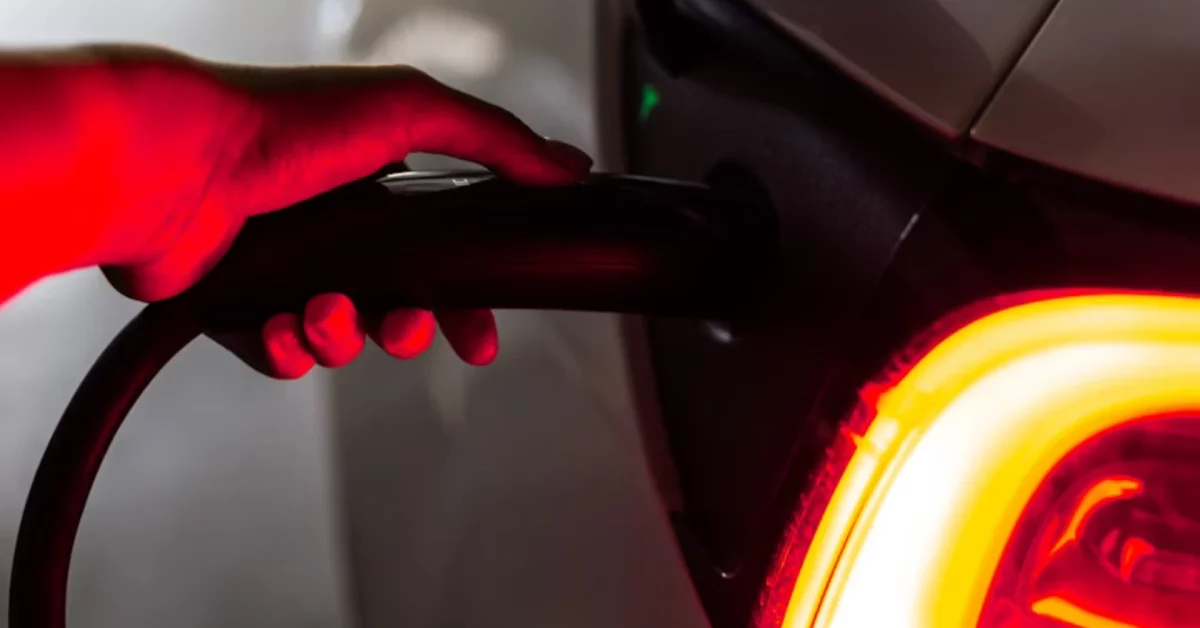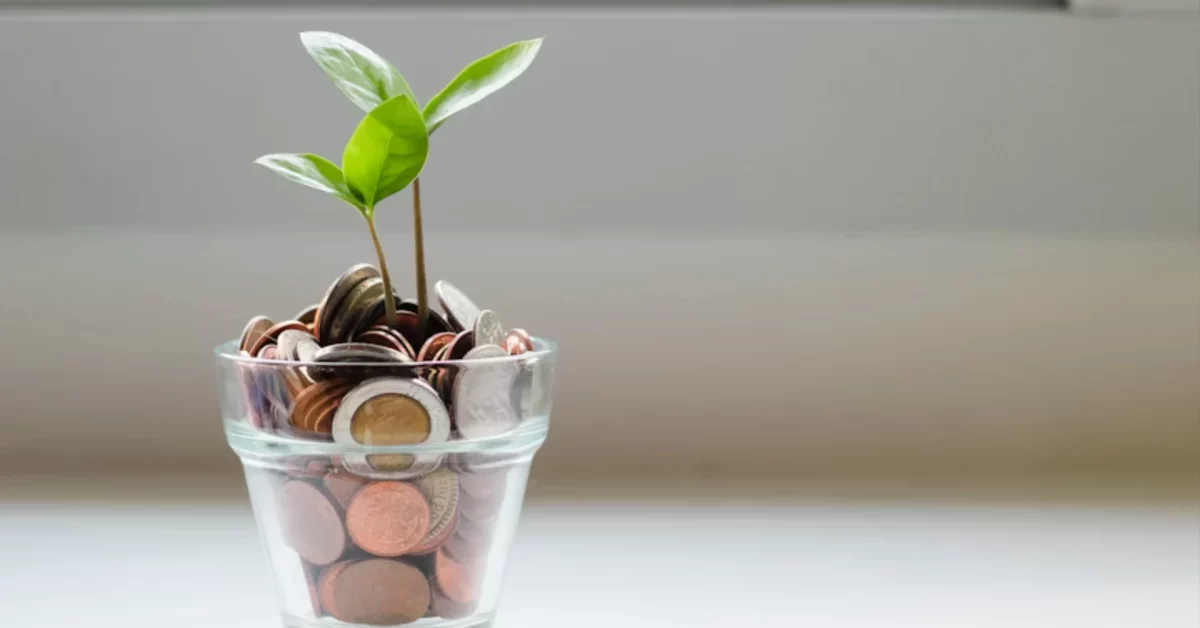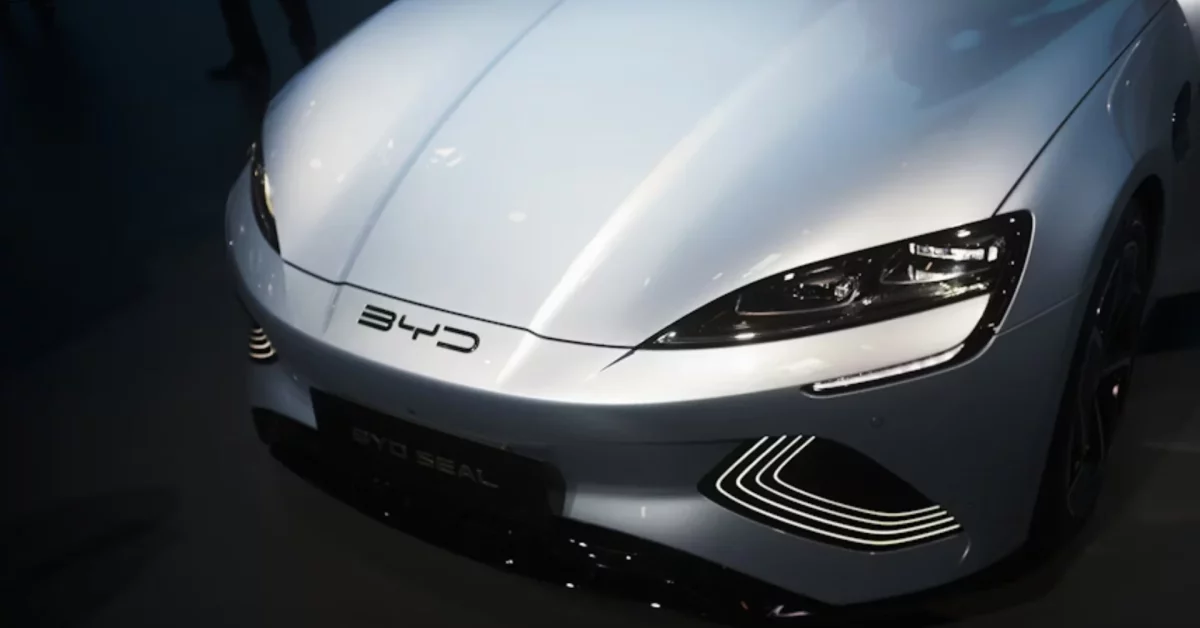
Pakistan’s Big Tech Jump Towards $15bn Export Target
June 21, 2025
Trump Extends TikTok Sale Deadline by 90 Days
June 22, 2025Pakistan Leads the Way with New Electric Car Strategy
Pakistan has launched its National Electric Vehicle (NEV) Policy 2025–30, which has lofty targets to electrify 30% of all new car sales by the end of 2030. It was announced in Islamabad by Haroon Akhtar Khan, Special Assistant to the Prime Minister on Industries and Production. Supported by the Ministry of Industries and Production, the policy has been formulated by a 60-member committee since 2024.
To kickstart adoption, Rs. 9 billion have been provided by the government for 2025–26 for subsidizing 116,053 electric motorbikes and 3,171 electric rickshaws, 25% of which will be kept aside for women. An online platform will process applications and payment, and the Auditor General of Pakistan will conduct bi-annual audits to ensure transparency.
The policy also adds 40 EV charging points along highways, vehicle-to-grid technology, battery-swapping, and EV-friendly building codes. Local production receives special emphasis with more than 90% of two- and three-wheeler parts already produced locally. The AIDEP tariff facility will remain in place until 2026 to back local players.
The NEV Policy will reduce CO₂ emissions by 4.5 million tons and save the country $1 billion every year in fuel, with a long way to go for Pakistan to have a sustainable future.






